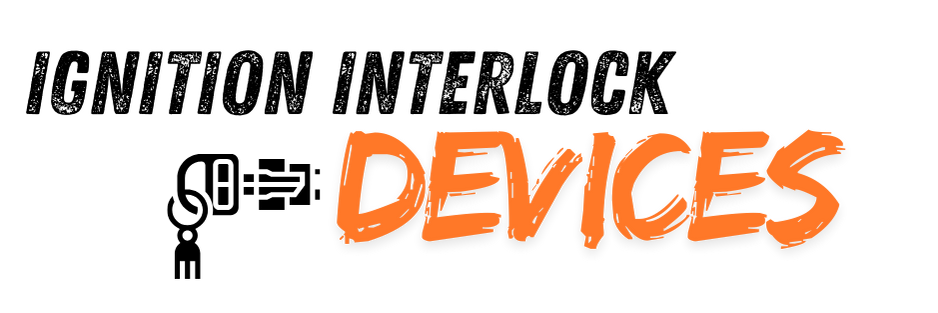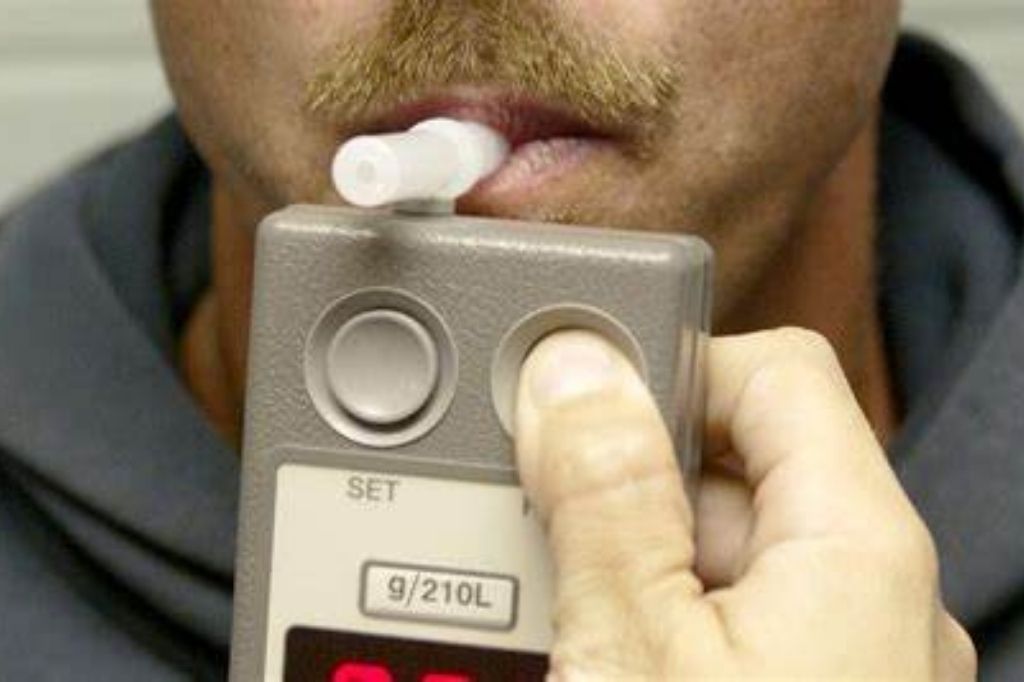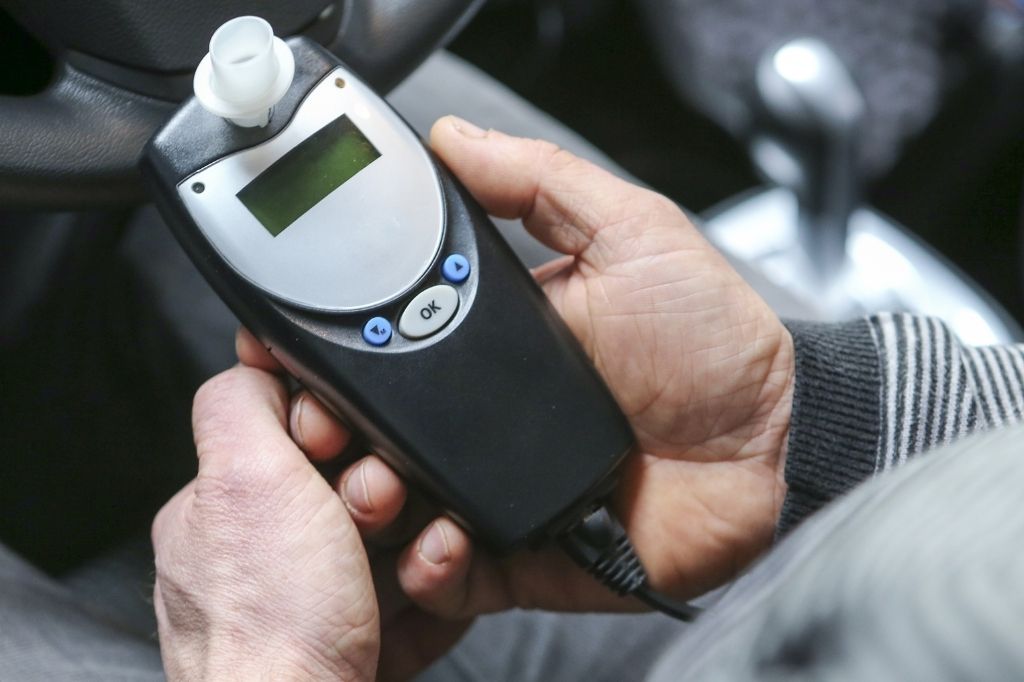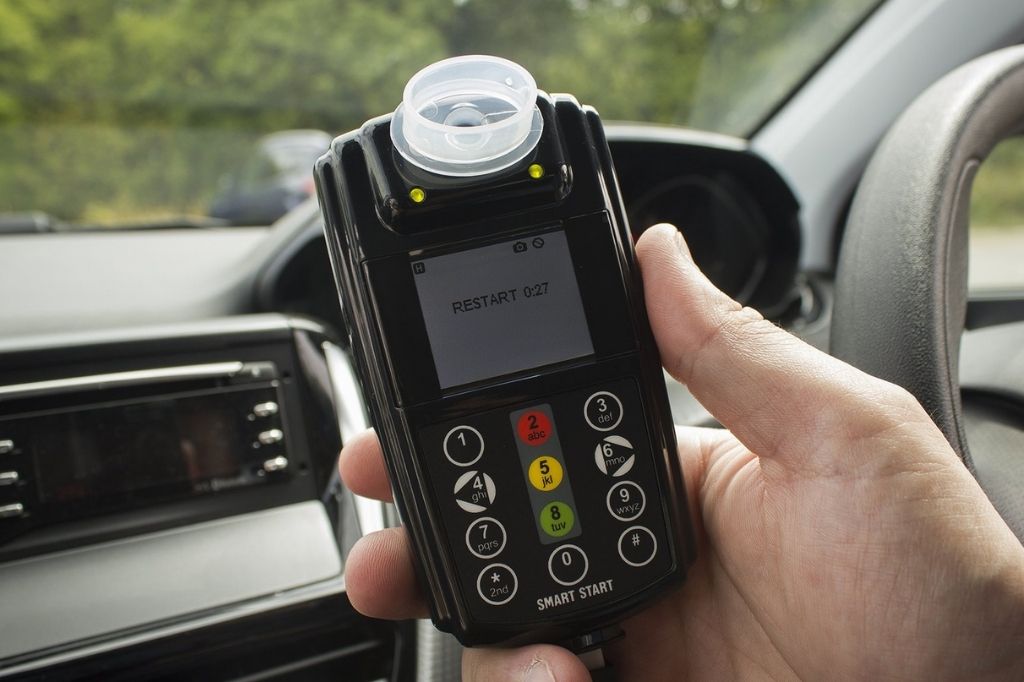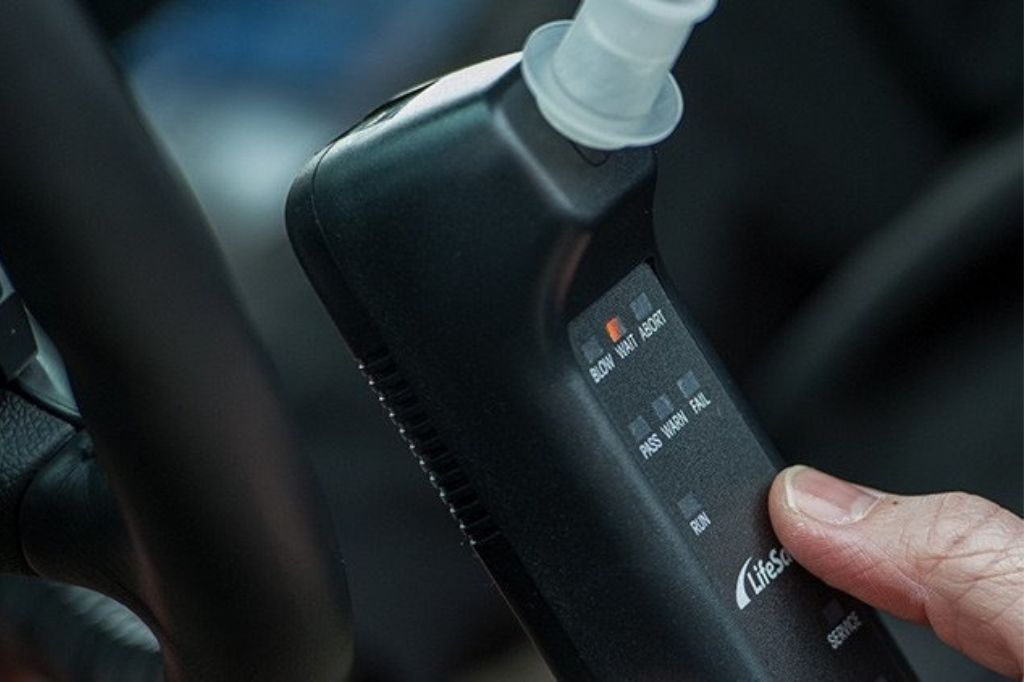Assuming you’ve at any point pondered, what is an OWI charge, you’re certainly not the only one. OWI, which represents Working While Inebriated, is a legitimate term utilized in a few states, and it’s essential to know how it could concern you on the off chance that you drive. This article separates precisely exact thing an OWI charge implies, how it varies from comparative offenses like DUI or DWI, and what’s in store in the event that you at any point end up confronting one.
Understanding these subtleties can be critical for remaining generally safe and knowing your freedoms, so we should make a plunge.
What Precisely Is an OWI Charge?
A OWI charge is the point at which somebody is found working a vehicle while affected by alcohol, drugs, or whatever other substances that impede their capacity to securely drive. Presently, the watchword here is “working.” This term is more extensive than “driving” since it incorporates being in charge of a vehicle in any event, when it’s not moving. In this way, on the off chance that you’re sitting controlling everything with the motor running, yet you’re not driving, you might in any case confront an OWI assuming you’re weakened.

Various states utilize various terms for disabled driving charges. While certain states lean toward DUI (Driving Impaired) or DWI (Driving While Inebriated), others, similar to Iowa, Indiana, and Michigan, explicitly use OWI. The thought behind OWI is to stress that it’s tied in with moving the vehicle as well as about being in charge of it. In this way, regardless of whether you’re in a parking area or at a stoplight, you may as yet get charged in the event that you’re impaired and working the vehicle.
Policing decides debilitation through field balance tests, breathalyzers, or blood tests. On the off chance that your blood alcohol fixation (BAC) is over as far as possible; for the most part 0.08% for grown-ups you could be captured. The equivalent goes for drugs or different substances that hinder your driving. Everything revolves around ensuring individuals aren’t in the driver’s seat when they’re not in the right state to securely work a vehicle.
How Is an OWI Not the same as a DUI or DWI?
The terms OWI, DUI, and DWI are frequently utilized conversely, yet there are a few distinctions significant. While DUI (Driving Impaired) and DWI (Driving While Inebriated) are all the more well known, OWI centers explicitly around the demonstration of “working” a vehicle, which doesn’t be guaranteed to mean driving it.
In states that utilization the OWI expression, the law is composed to cover what is going on where an individual is in charge of a vehicle while impeded, whether the vehicle is moving. For instance, you could be sitting in your vehicle with the keys in the start and not really moving the vehicle, but rather assuming you’re inebriated, you might in any case confront an OWI. This attention on “working” separates OWI from different terms.
Something else to remember is that a few states could save DUI for alcohol-related cases, while OWI can cover debilitation because of medications or a mix of substances. A more comprehensive term mirrors the more extensive scope of substances that can influence your capacity to work a vehicle securely. Understanding these qualifications can assist you with exploring the principles, particularly assuming you live in or travel through states that utilization different phrasing.
Related Article: Intoxalock Removal Requirements
What Are the Results of an OWI Charge?
A OWI charge is no little matter. On the off chance that you’re sentenced, you could confront fines, prison time, and, surprisingly, a suspension of your driver’s permit. The seriousness of these outcomes generally relies upon factors like your BAC level, whether it’s your most memorable offense, and in the event that there were any exasperating conditions, for example, having a kid in the vehicle or causing a mishap.
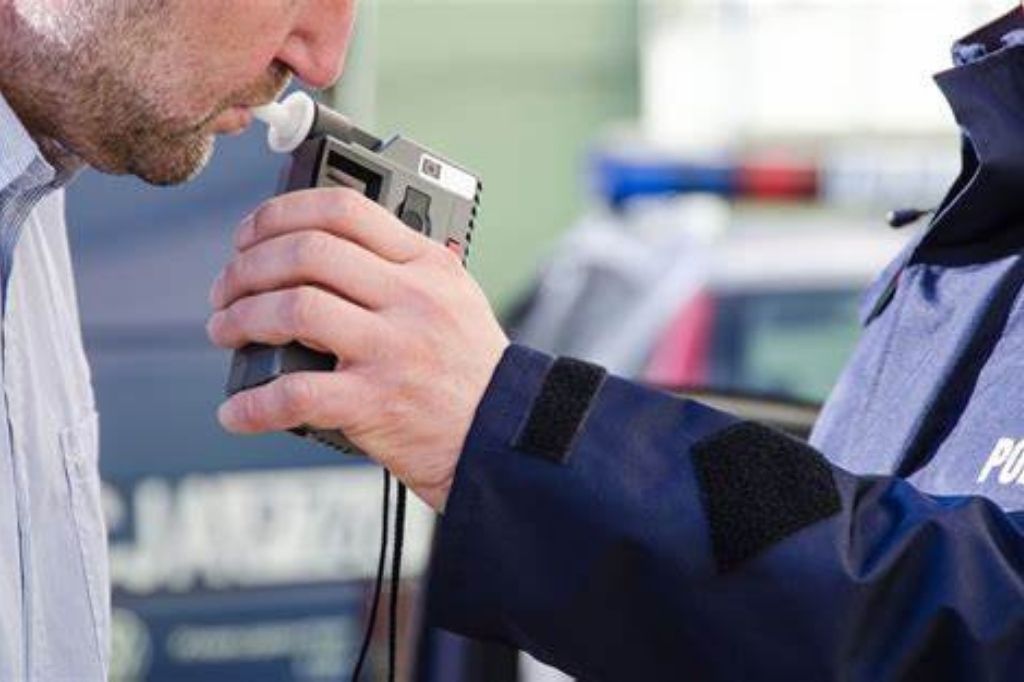
Fines for an OWI can fluctuate from one state to another, yet they frequently range from hundreds to thousands of dollars. Furthermore, it doesn’t stop there; court expenses and the expense of any necessary projects, similar to alcohol instruction courses, can add up. These courses are in many cases required, particularly for first-time wrongdoers, and expect to teach drivers about the dangers of disabled driving.
Losing your permit is another huge outcome. Many states suspend your permit for a couple of months to a year for a first offense. For rehash offenses, you could confront longer suspensions or even an extremely durable denial. Without a permit, it becomes hard to oversee day to day liabilities like going to work or school. Furthermore, an OWI conviction can prompt a spike in your protection rates. Safety net providers frequently consider individuals with OWIs to be high-risk, so charges might increment fundamentally, making it extreme to track down reasonable inclusion.
Legal Safeguards Against an OWI Charge
Being charged with a OWI doesn’t mean you’re out of choices. There are safeguards that can be utilized to battle or diminish the charges, contingent upon the particulars of your case. Having an accomplished lawyer on your side is vital, as they can assist you with exploring the overall set of laws and construct a strong safeguard.
One normal guard is to challenge the precision of the restraint tests. Breathalyzers and field collectedness tests aren’t idiot proof all of the time. Once in a while, ailments, ill-advised adjustment of the device, or ecological variables can prompt wrong outcomes. A lawyer could contend that the test wasn’t led accurately or that the outcomes are temperamental.
Another methodology could be to address whether the official had a genuine motivation to stop you. Policing sensible doubt, such as seeing inconsistent driving, to pull you over. On the off chance that they didn’t have that explanation, then, at that point, any proof they gathered probably won’t be acceptable in court. This might actually get the charges excused or diminished.
Other potential safeguards incorporate inspecting how proof was dealt with. For instance, assuming there are issues with the chain of care or on the other hand on the off chance that the proof wasn’t put away accurately, a lawyer could possibly contend that it ought to be avoided. Via cautiously investigating everything about, can track down ways of testing the indictment’s case.
What Would it be advisable for You Do Assuming You’re Charged with an OWI?
Assuming you at any point end up confronting a OWI charge, it’s vital to act rapidly and sagaciously. The initial step is to enlist a legal counselor who has experience dealing with OWI cases. They can assist you with figuring out your freedoms, make sense of the lawful interaction, and work with you to fabricate a protection that suits what is going on.
It’s likewise fundamental to follow any court requests or prerequisites, for example, going to hearings or finishing a court-commanded program. Showing that you’re helpful and able to assume liability can some of the time help you out with regards to condemning. Your legal counselor could try and arrange a request bargain, which could bring about diminished punishments or charges in return for a liable supplication to a lesser offense. Gauging the advantages and disadvantages of this approach is something you ought to do with your lawyer’s direction.
Beyond judicial procedures, making proactive strides like looking for directing or joining a help program for alcohol or substance use can have an effect. It shows that you’re doing whatever it may take to improve and forestall comparable occurrences later on, which can emphatically affect the result of your case.
To put it plainly, an OWI charge is a major lawful issue that accompanies critical outcomes. It’s critical to comprehend what it implies, how it contrasts from other comparable charges, and what you ought to do assuming you’re confronting one. Knowing your privileges and the choices accessible to you is essential, and having legitimate help can have a significant effect in dealing with the result. On the off chance that you’re ever uncertain about what moves toward take, talking with a lawful expert is your smartest choice.
